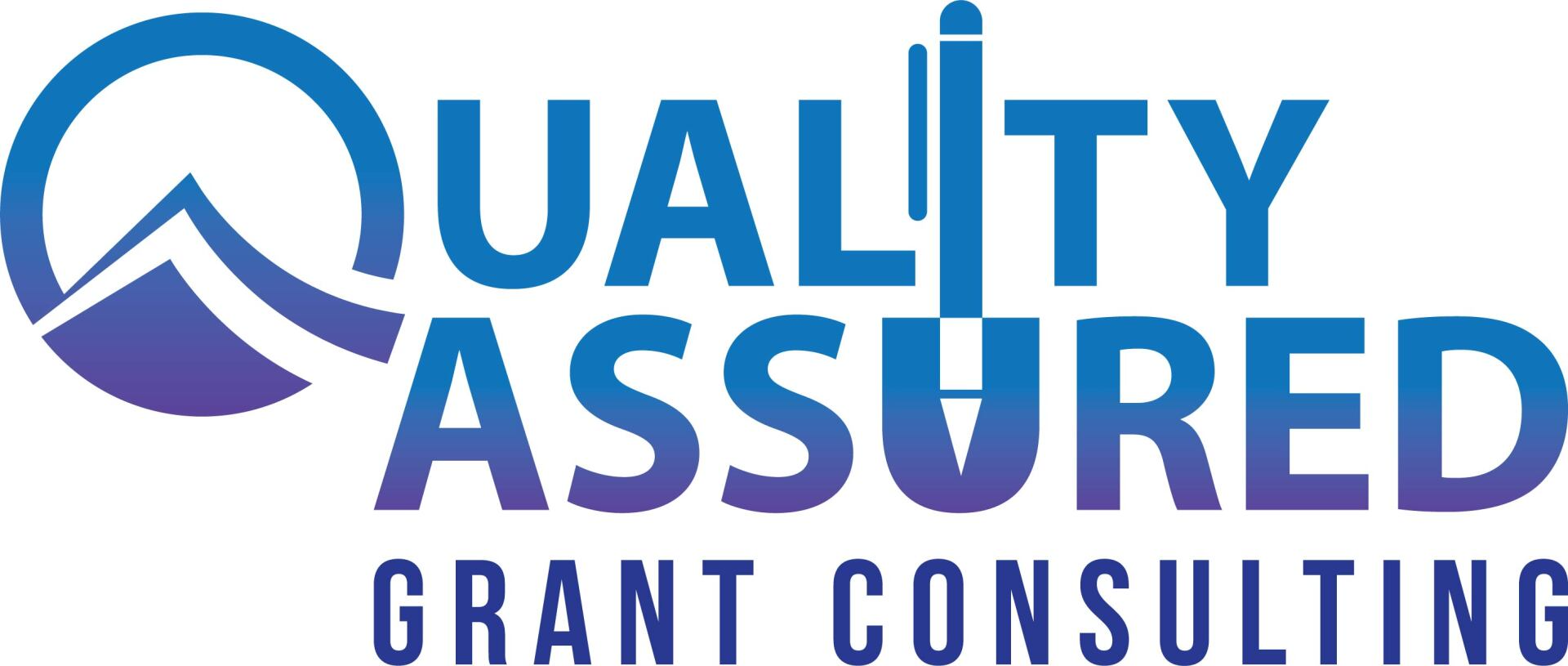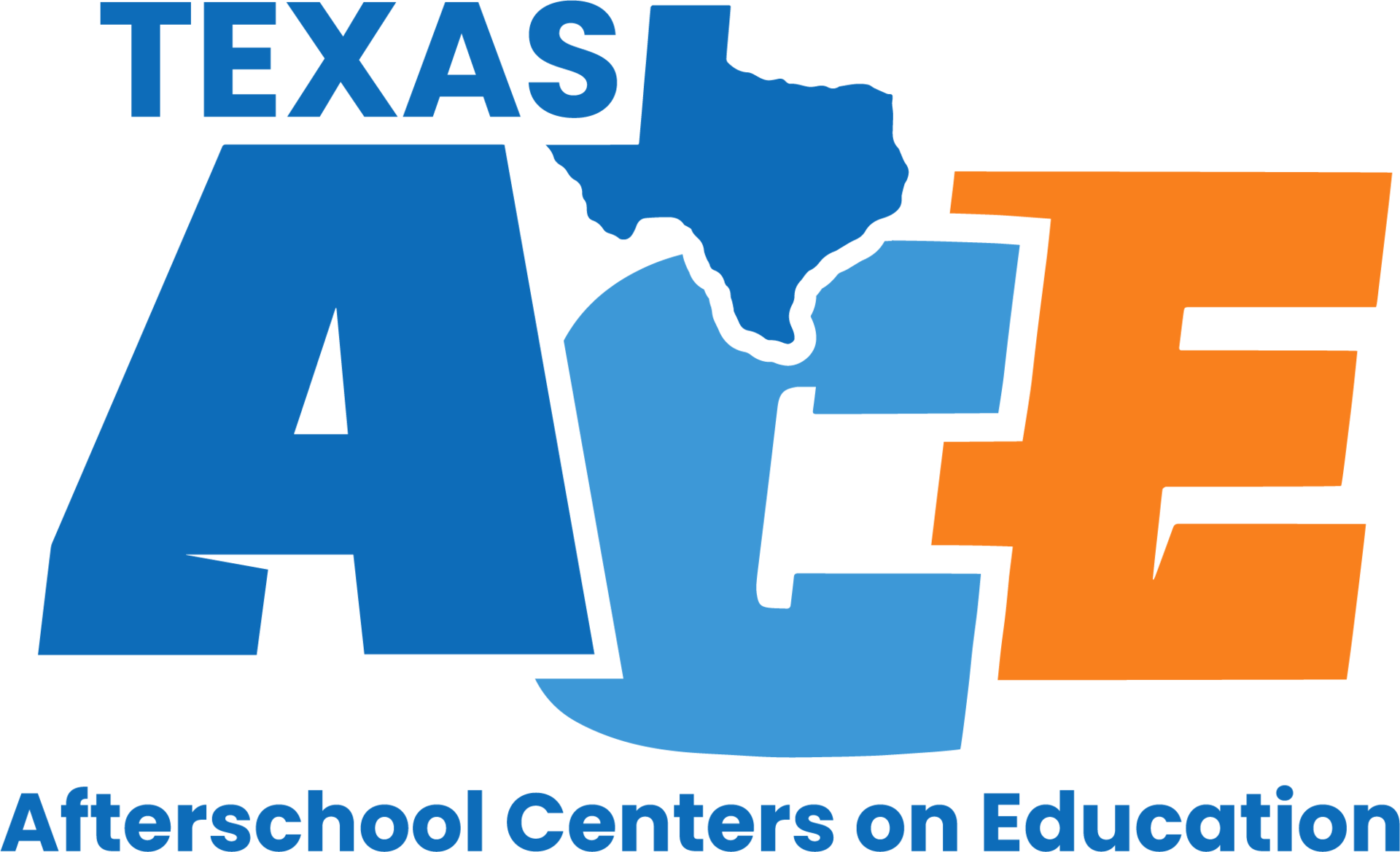Top 5 Reasons to hire a grant consultant
Grant consultants will save you money, time, effort and help you get awarded
Whether you are a school district leader or a nonprofit organization director, there are several reasons why contracting with a grant consultant to assist in applying for, winning grants, and supporting management makes sense. Here are the top 5 reasons:
1. Saves you time – Grant writing is not easy. It is time consuming from when a grant opportunity is located, through reading 50-page guidelines, to researching, writing the actual application, and obtaining all documentation needed for submission. The process to perform all these duties takes time – upwards of 50 to 100 hours per application even for the most seasoned writers. If you are leading an organization, you don’t have an entire 2 weeks to spend working uninterrupted on a grant. That’s why it only makes sense to find a grant consultant who can do all this for you and provide you a fair chance at success in obtaining that dream grant and helping you with the grant management after it is awarded. (See Reason #4)
2. Saves costs – You may think you want to bring on a full-time or part-time employee to oversee grant writing for your organization. However, outsourcing on a contractual basis will save you funds in the short- and long-term. A contracted grant consultant can be paid several ways, including flat rates to write and manage the grant or only if the grant is awarded. That makes your cost minimal compared to an employee, who you will need to pay ongoing regardless of if they are writing grants. It also seems as though there are times of the year when multiple grants are due around the same time, which is difficult for one employee. Grant consultants typically can offer multiple writers and specialists, so you don’t miss any of these grant opportunities.
3. Brings expertise – Grant consultants know grants … it’s what they do. So, leave this to them to find you the right grant to apply for and then know what to write and how to write it to give you the best chance to have it awarded. Grant consultants understand the funders and what they are looking for and will provide you with a determination on whether a specific grant is right for your organization or what the chances are of obtaining the grant. Also, there are thousands and thousands of grants out there available to meet various programming and equipment needs. Most likely, a quality grant consultant has experience writing and submitting a variety of these grant applications.
4. Reduces compliance and grant reporting worries – Once a grant is awarded, most funders don’t just send you a big check for your programming. They want to know if you are spending the money according to the guidelines and meeting the goals and outcomes stated in the original grant application. So, let’s be serious, some grants can require as much follow-up through - reports, evaluations, budgeting and more - than the time spent writing the grant itself. That’s why you want a grant consultant (not just a grant writer) to partner with so they can assist you in all these areas to ensure you remain in compliance with the funder, which will impact your ability to obtain future grants as well.
5. You have control – You are hiring a grant consultant to perform the time consuming and detailed work. However, you will still play a vital role in the development and review of the grant proposal prior to submission. You will be provided with drafts to look at before the application is submitted and you are urged to read it fully, suggest changes, and ask questions, so you can direct your grant application development. Initially, once a specific grant has been determined to apply for, you and your staff leaders will meet with your grant consultant to discuss your program ideas and needs. The grant consultant will take that information, put together a proposal, and budget that meets the guidelines of the grant, providing you the best chance for award.



